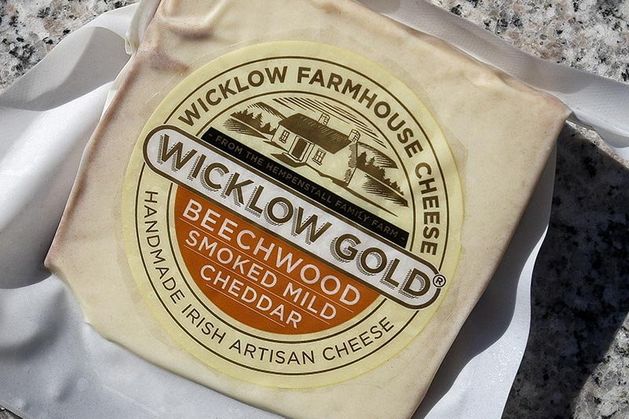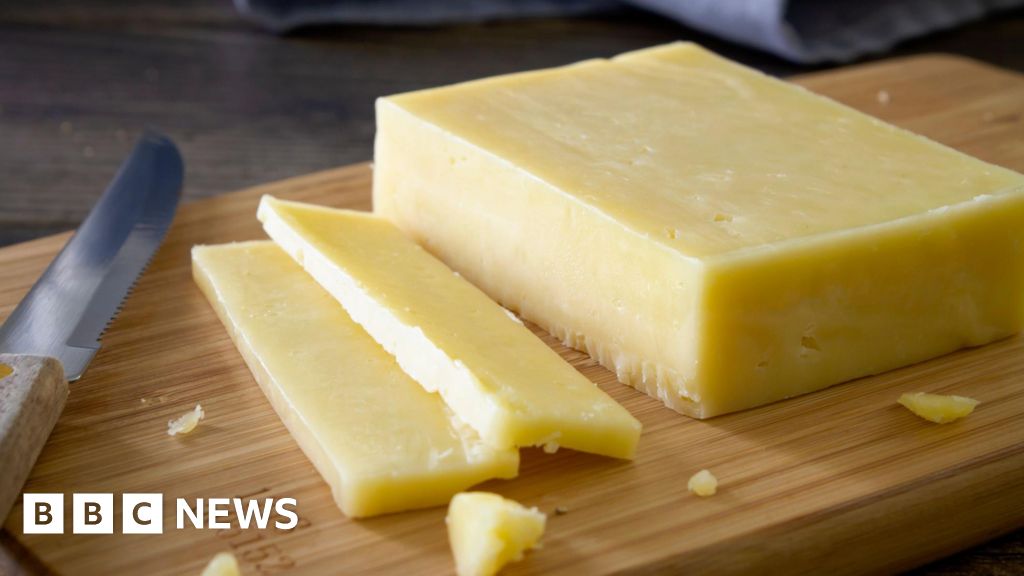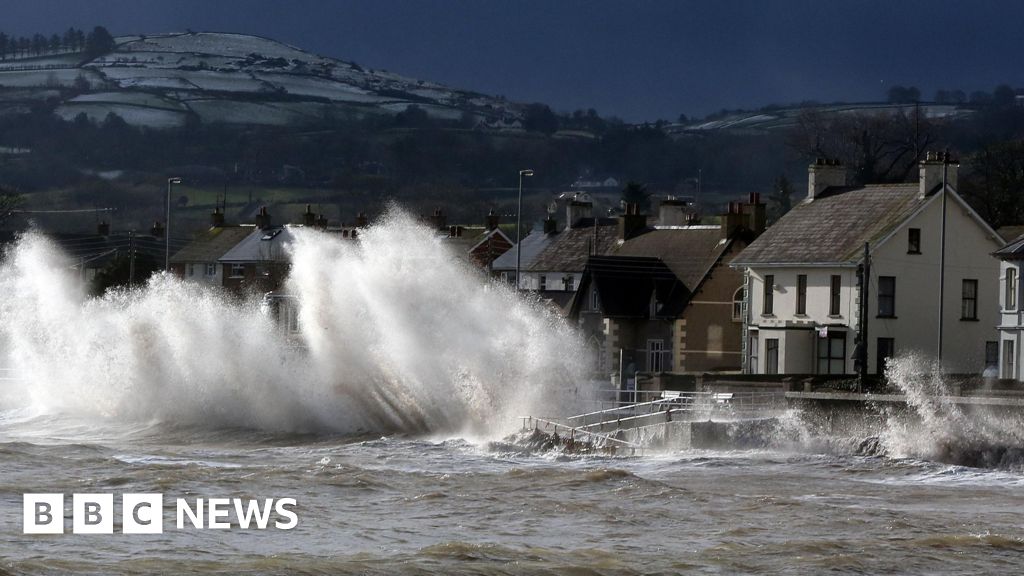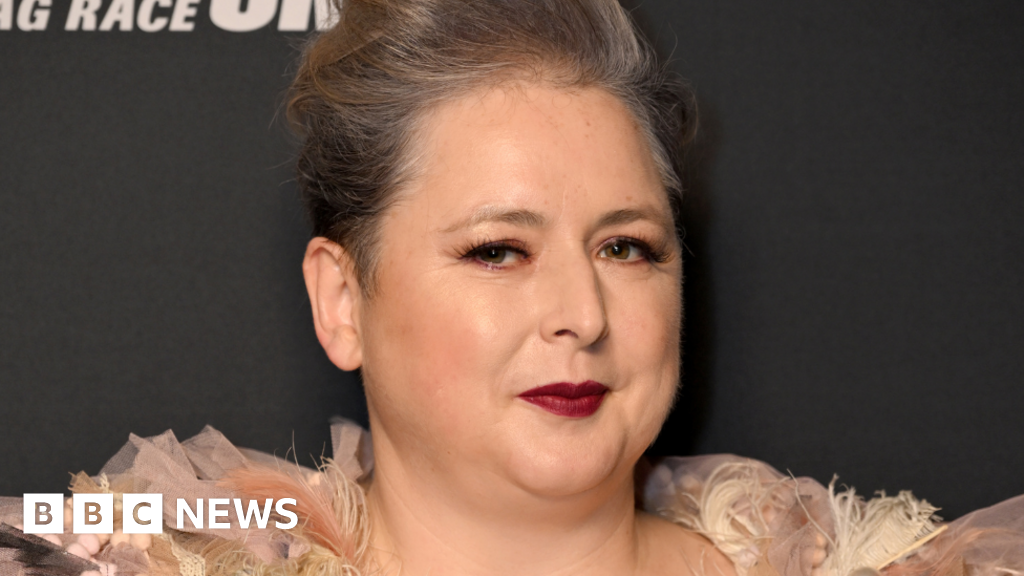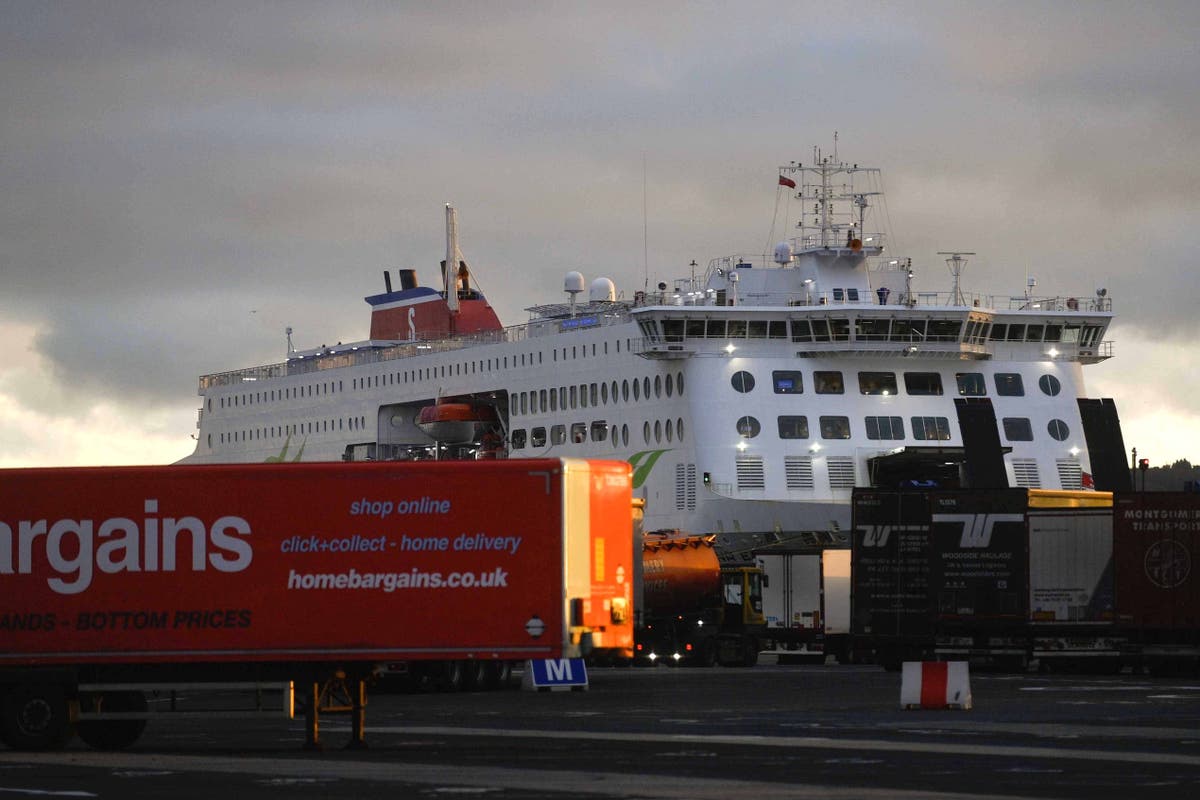LIAM BRADY was among the 29,727 crowd to watch Republic of Ireland beat Albania 2-0 in the World Cup qualifier at Lansdowne Road, Dublin, on May 26 1992.
The Celtic manager was there to support his nation and keep an eye on the performance of keeper Pat Bonner.
However, it was a player of the opposition who caught his attention, a defender by the name of Rudi Vata.
Brady, in the midst of rebuilding a Hoops side after taking over as boss from the legendary Billy McNeill the previous summer, was still searching for pieces of his jigsaw.
Across Glasgow, the Ibrox side were splashing the cash all over Europe, but the Dubliner was aware he would have to work to a strict budget at Parkhead.
Immediately after the match, Brady enquired about the availability of Vata. And the Albanian was about to take another step on a remarkable journey through life, a fascinating tale woven in absorbing fashion in a superb new autobiography, ‘Football, Freedom and Paradise!’.
This is an engrossing and compelling odyssey that rises far above mere sport. This is a story of a human being who had been forced to flee his country in search of a better life overseas.
Over three decades ago, Vata, now 55, feigned an injury during a European Championship qualifier against France in Paris, left the pitch, went down the tunnel, headed out of the Parc des Princes stadium and into a local police station. It was the day he defected to the west.
It’s just an incredible episode of a life story that is bound to captivate the reader.
Back in 1992, I was Sports Editor of the Sunday Mail, at that time a million-seller with the biggest circulation of any newspaper in the country, and I had never hidden my affection for a team that played its football in the east end of Glasgow.
Quite by chance, Liam Brady and I had a mutual friend in an Irish sports journalist by the name of Tony Roche who worked in Fleet Street.
I met Liam on his first day at Celtic Park and I’m delighted to say we were both singing from the same hymn sheet. So, I was more than interested when he phoned me one day to say he was on the verge of signing a “player who will do very well for us”.
I confess it was the first time I had heard the name Rudi Vata – my knowledge of Albanian football wasn’t quite up to scratch – but Brady, who could spot a player, was clearly excited.
The Arsenal legend was ambitious and had plans for Celtic to turn things around on the home front. He had been busy during the summer and, in quickfire fashion, he had brought in Vata from French club Tours, Andy Payton, a striker from Middlesbrough, and, the most sensational of the lot, an exciting forward in Stuart Slater at the cost of £1.5million from West Ham, a record fee for the club.
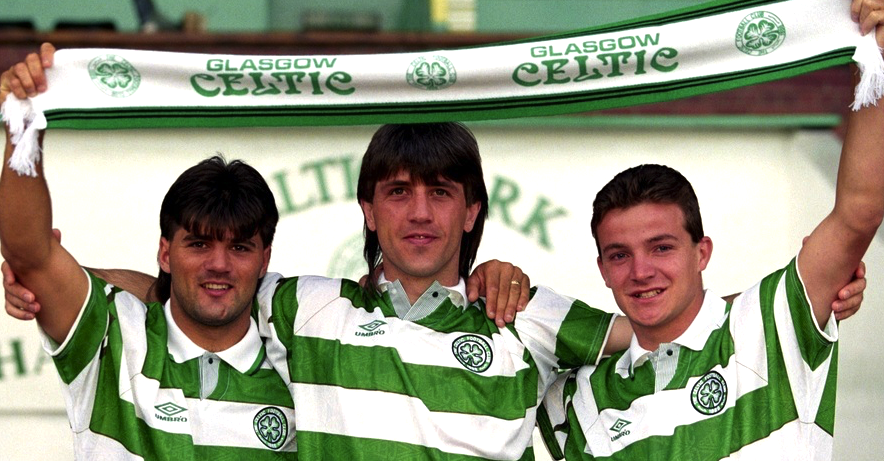
THREE CHEERS…Rudi Vata is flanked by Andy Payton and Stuart Slater as the new Bhoys prepare for the 1992/93 season.
Brady had high hopes for his three recruits and the purchase of Vata was testimony to his doggedness in his pursuit of a versatile and dependable performer.
Vata recalled: “After the game in Dublin, Liam Brady spoke to some of the Albanian FA in the VIP lounge. They told me that Celtic wanted to sign me.
“I got a number for Liam. I could not speak any English at that time, but I could speak Italian. My parents had paid for my brother and I to learn the language. It was illegal to learn another language in communist Albania.”
Thanks to secret twice-weekly visits from a priest, who had served 24 years in prison, Vata could communicate with the Hoops boss who, of course, had spent a fair chunk of his career in Italy with Juventus, Inter Milan and Ascoli after leaving the London club.
Vata recalled: “I had settled in France. I had a good salary with Tours, I was accepted by society and the lifestyle was good. But when Celtic came I thought: ‘This is a special thing. I want to go there and experience this.’
“At first, though, I have to admit it was very difficult. When I arrived in Glasgow I was completely alone and stayed in a hotel on my own. My parents didn’t have a telephone, so I couldn’t keep in touch with them.
“It was a different language, different food, different weather.”

HISTORY BHOY…Rudi Vata joins skipper Paul McStay and his jubilant Celtic team-mates after the Scottish Cup triumph over Airdrie at Hampden in May 1995.
Throughout the settling-in period, Brady cajoled, coaxed and encouraged his player who also candidly admits that training was so rigorous he had to collapse on his hotel bed and physically shake.
But, showing a typical and inspirational spirit, Vata, schooled in life in communist Albania in the 1970s and 1980s, refused to quit on his dreams of “repaying the manager’s faith in me”.
He emphasised: “The people of Glasgow also helped me. They understood my situation and were so friendly and kind. The support they gave me was so brilliant and kept me going.
“The Scottish people are special to me because in those difficult moments I had so many Glaswegian families who were so kind to me.
“Celtic advised me to get a place near the racecourse in Hamilton. John Collins lived nearby. He helped me a lot, took me to Celtic Park and back every day.”
Eventually, Vata overcame the language barrier and could join in and understand the dressing room banter with team-mates such as Paul McStay – who provides the insightful foreword in Vata’s life story – Peter Grant and Charlie Nicholas.

CUP THAT CHEERS…Rudi Vata looks on as delighted captain Paul McStay holds aloft Celtic’s first piece on silverware in six years.
“Everything was about adjusting. Paul McStay would speak to me in a peaceful, calm and relaxed way. Some of the others, though, spoke at 200-miles-per-hour!” smiled Vata.
Boardroom squabbles and fans unrest eventually came to a head in 1994 with the arrival of Fergus McCann and Vata recollected: “It all changed then.
“When Fergus took over you could feel hope. It was a little revolution which created a platform for better things.”
Mentor Brady had already left the club to be replaced by Lou Macari and he, in turn, made way for Tommy Burns and it was during the iconic Celt’s reign that Vata won a Scottish Cup medal, as Celtic ended six years without silverware.
A soaring header from Pierre van Hooijdonk was enough to overcome a stubborn Airdrie side at Hampden on May 27 1995 and Vata said: “Winning that Cup was a special moment. I was the first Albanian to lift a trophy in the west.”
Vata left Celtic a year later and spent the next nine seasons performing in Cyprus, Germany, Albania and Japan.
Married to a Scot, Ann Frances, they returned to his spiritual home after retiring from the playing side of the game. He worked as an agent for a while and describes the profession as “a shark’s game”.
These days, he runs Vata Vision Football Management with his son Ruan. His other son, Rocco, has, of course, just joined Watford after leaving Celtic at the end of his contract.
But that’s another story for another day.
For the time being, there are several lifetimes to explore and analyse in a riveting and entrancing autobiography skilfully co-authored by Gerard McDade, who has also provided other brilliant tomes, ‘Celtic – The Supersonic 70s‘ (2009), ‘The Last Line – Packie Bonner‘ (2015) and ‘His Name Is McNamara – Jackie McNamara (2021).
This is another winner in a sequence of excellent publications.
* Football, Freedom and Paradise: My Story by Rudi Vata with Gerard McDade is published by Pitch Publishing and is available now.
ALEX GORDON

